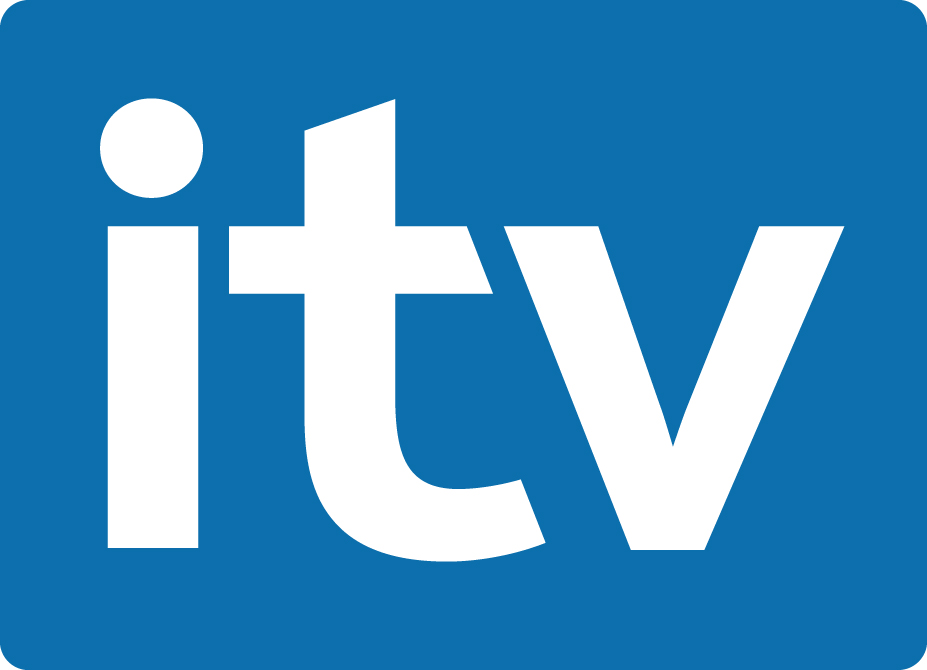The oldest type of media is Newspaper printing, which my research tells me started during the 17th century. It is also argued that forms of art and music can be classed as media, but if this is true, maybe I should look into the definitive terms of media. I believe that media can be subjected by time e.g. per century during the 17th century newspapers begun, followed by radio and cameras during the 19th century, in the 20th century we had films, TV, games and the internet, since then the development of every single one of these has grown vastly. I myself believe that that technology is media, meaning any means of communicating with the public; this can be through radio, television, newspapers, internet etc. People may disagree with my statement but I agree it’s true to some extent. The internet has revolutionized media; it went online in 1992, previously used privately by the military. Its uses are educational, communicational, and in my opinion mainly entertainment wise, there is evidence of this everywhere; we have websites now for entertainment purposes only e.g. YouTube, Facebook, Chat-Roulette, blogging sites, TV catch-up and more.
Ideology was also covered during the first week, the meaning of this being a sense of a person’s idea and views, this includes;
1. Importance and significance
2. Formal construction
3. Societal beliefs, ideas and ideology
I will now go on to ask what our media culture is, this means how we live every day and how media becomes a part of our culture. Based on a survey I did last year on Access to Media, I found 9 out of 12 believed modern viewing trends were towards internet viewing. I also found that 16 out of 20 listened to the radio daily and 50% of the listeners listened only whilst driving. I also found that TV viewers increased during the evening, this is because many people work 9 to 5 hours and students finish education before 6pm. Ofcom state on August 19th 2010 “On average people spend about 45% of their day using media and communications”, I think this sounds just about right, I get up in the morning spend about an hour to get ready, but whilst this I will turn on my laptop check my emails, Facebook and listen to music. Whilst walking to lectures I will listen to music also, I will get back after lectures and use the internet to help do homework, then I’ll have a break and watch something on BBC Iplayer, then I’ll interact with friends using Chat Sites or playing a console game with them. Between 20 people I sampled they have all together;
73 Televisions!38 Computers!
44 Radios!
50 Game Consoles!
I think computers are lower than the rest because they are more expensive, although in my opinion they should be on the increase in the next few years because now I have access to all of above through the internet.
Each house hold pays £139.50 a year on the BBC. But ITV and other channels however make money on advertisement, you may have noticed this when watching Eastenders there is no breaks in the 30 minute programme but on ITV’s coronation street there are quite a few breaks, advertisement company’s spend a lot of money to get their products advertised during these peak times. If you go on BBC I player, there is no breaks during the programme either, but on ITV there is 3 to 4 breaks, I do not think this is very fair but I personally hate the advertisements. Is the license fee fair? No its not, just because the BBC were established first does not mean it should have priority over ITV.
I watch more ITV than BBC when I am watching television, because I enjoy programmes such as X Factor, Britain’s Got Talent, I’m a Celebrity, Ant and Dec’s Saturday Night Take Away etc. But when I’m on the computer I much prefer to watch programmes on BBC I player, because the website is so much easier and faster, and there is no advertisement in between.
I have also noticed that ITV is more entertainment rather than BBC programmes, I listed many of the entertainment programmes above and the BBC does not have much e.g. it does have Friday Night with Jonathon Ross, but they don’t have much else apart from Strictly and then educational and informative programmes, I think that ITV concentrate on entertainment programmes more because that’s how they think they can attract more viewers.


Now that we have moved to digital we have more channels hence more programmes to create, although this may sound great, it isn’t because there is no money for production so it means more reality shows and importing USA shows or repeats. This is called dumbing down.
We have peak viewing times, a lot of competition at the same time e.g. strictly on BB1 and X Factor on ITV, although there are no clash with soap operas why is this? It is because the shows have the same audience and have gad too many complaints. Shows compete for the biggest storylines during the high season which is Christmas to New year, or on bank holidays, they have a cliff hanger on a Friday night so viewers are sure to tune in to the show again on a Monday night, there’s always an exciting ending to a soap show, why would you tune into the Tuesday episode if everything was resolved and happy on the Monday show.
During Christmas to New Year soaps have their peak views, e.g. Eastenders had 16.6m last Christmas day, followed by 12.3m on new years, but it doesn’t compare to 1986’s 30.15m viewers to see Dirty Dan handing his wife divorce papers as her Christmas present.
My information here was based on the research on the following;
and the survey I created which was filled out by 20 students.
No comments:
Post a Comment